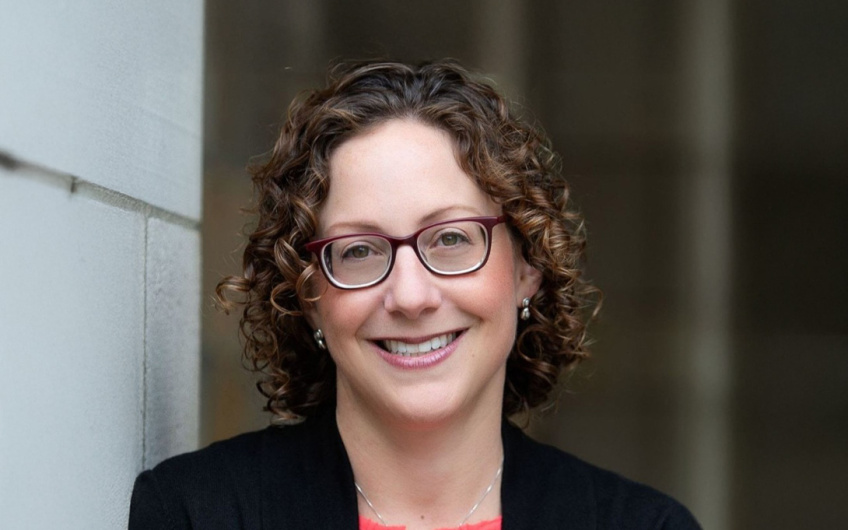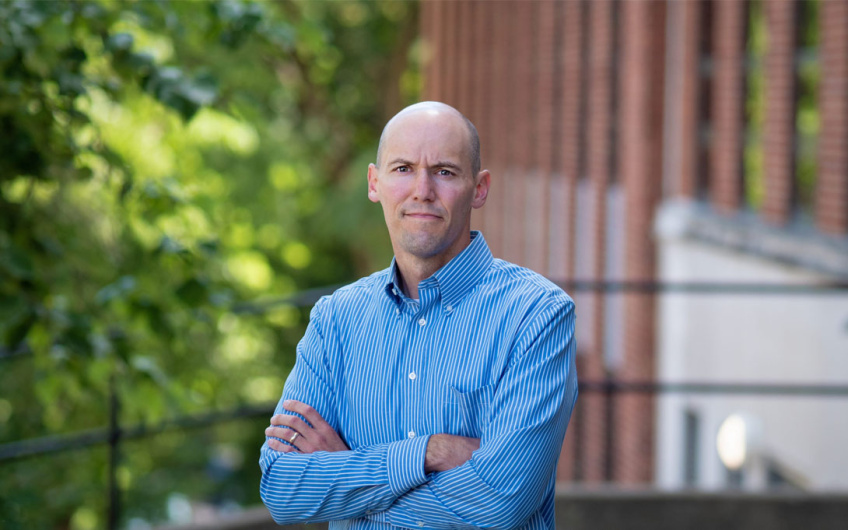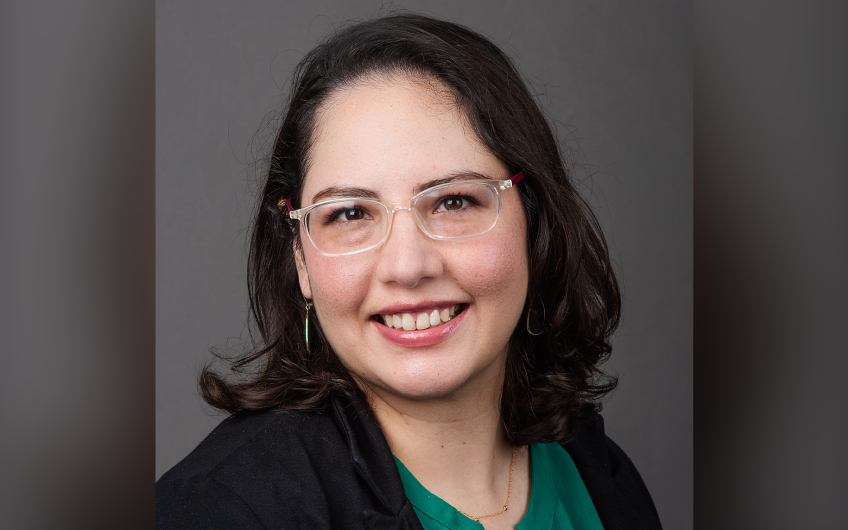Education Policy Speaker Series
Join education policy experts as they speak about their cutting-edge research to improve education outcomes for children across the country.
View All Upcoming Talks
EPI's education policy speaker series brings together a diverse slate of researchers, policymakers, and practitioners to present on a wide range of educational issue areas relevant to students and faculty at UM.
Featured event
Everyone is talking about ‘belonging’ but what do they really mean? A critical race and optimal distinctiveness analysis of school belonging research
Sense of belonging has long been recognized as a fundamental psychological need and essential component of achievement motivation and socioemotional...
Learn more










